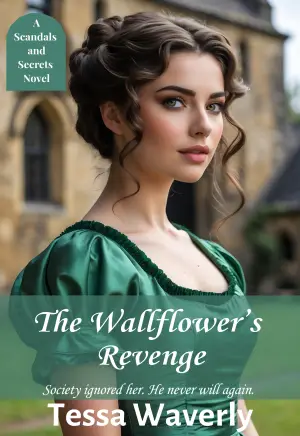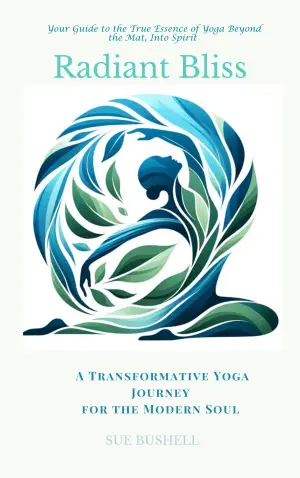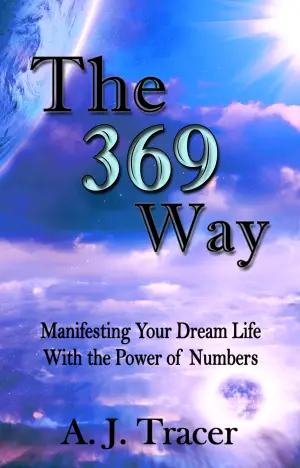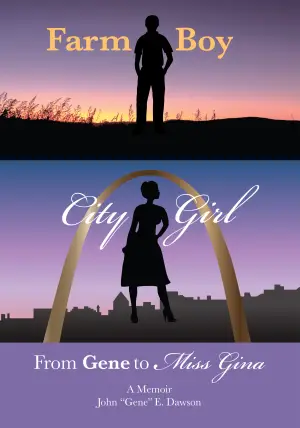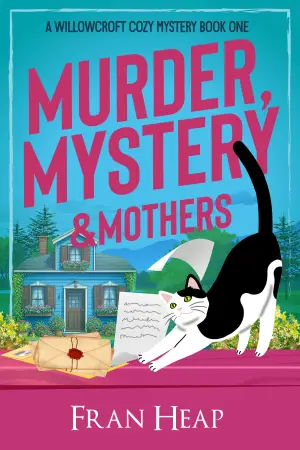Exploring the Ups and Downs of Uglies by Scott Westerfeld
When I first picked up Uglies by Scott Westerfeld, I couldn’t shake the excitement. The premise of a dystopian world where beauty is the ultimate goal and everyone undergoes surgery to become “pretty” intrigued me. It hinted at deep explorations of identity and self-worth—topics I’m always eager to delve into. Alas, my journey with this book turned out to be less enchanting than I had hoped, leaving me almost disappointedly bewildered.
From the outset, the world Westerfeld crafts seems promising. Tally Youngblood, our protagonist, finds herself caught between her societal conditioning and a budding desire for individuality. However, as I navigated through her story, I felt increasingly frustrated. Tally, who could have been a powerful symbol of self-awareness, felt more like a puppet controlled by the whims of hormonal affection rather than a strong thinker. Her internal conflicts often pivoted on a boy’s validation, which was a big letdown for me as a reader seeking depth.
As for the supporting cast, Shay initially caught my interest as a more rebellious counterpart to Tally. Yet, much like Tally, she soon devolved into a caricature, embodying the very stereotypes Westerfeld seems to critique. I found myself yearning for the nuanced characters that could have fully explored the themes of beauty and autonomy. Their transformative arcs felt hurried and superficial, lacking the substance that could have lent weight to the narrative.
On the thematic front, Uglies struggles to maintain focus. At its core, there seems to be an urge to comment on ecological issues and societal pressures, but it often gets lost in a labyrinth of moralizing. Rather than offering a balanced critique, the narrative swings heavily toward a bleak view of humanity. I couldn’t help but feel that the message about our connection to nature was muddled. “Nature, at least, didn’t need an operation to be beautiful. It just was,” Tally muses at one point. But I longed for a recognition that we humans are part of nature too, with all our complexities.
Westerfeld’s prose itself didn’t offer much grace; it felt very functional, occasionally teetering into “blah.” While a clean writing style can enhance straightforward storytelling, I hoped for more lyrical moments to match the book’s exploration of beauty. Instead, it felt as though Westerfeld was more invested in pushing his agenda than in creating a captivating reading experience.
Despite these challenges, I can see why some may still find enjoyment in Uglies. If you’re a young adult reader intrigued by dystopian settings or seeking reflections on societal norms about beauty, perhaps this book could resonate. However, if you’re looking for layered character development or a balanced thematic exploration, you may end up feeling just as disenchanted as I did.
Ultimately, my experience with Uglies was one of frustration more than fulfillment. The themes of beauty and societal expectations were ripe for exploration, but the execution left much to be desired. Here’s hoping the next read offers a more nuanced reflection on our shared human condition!

